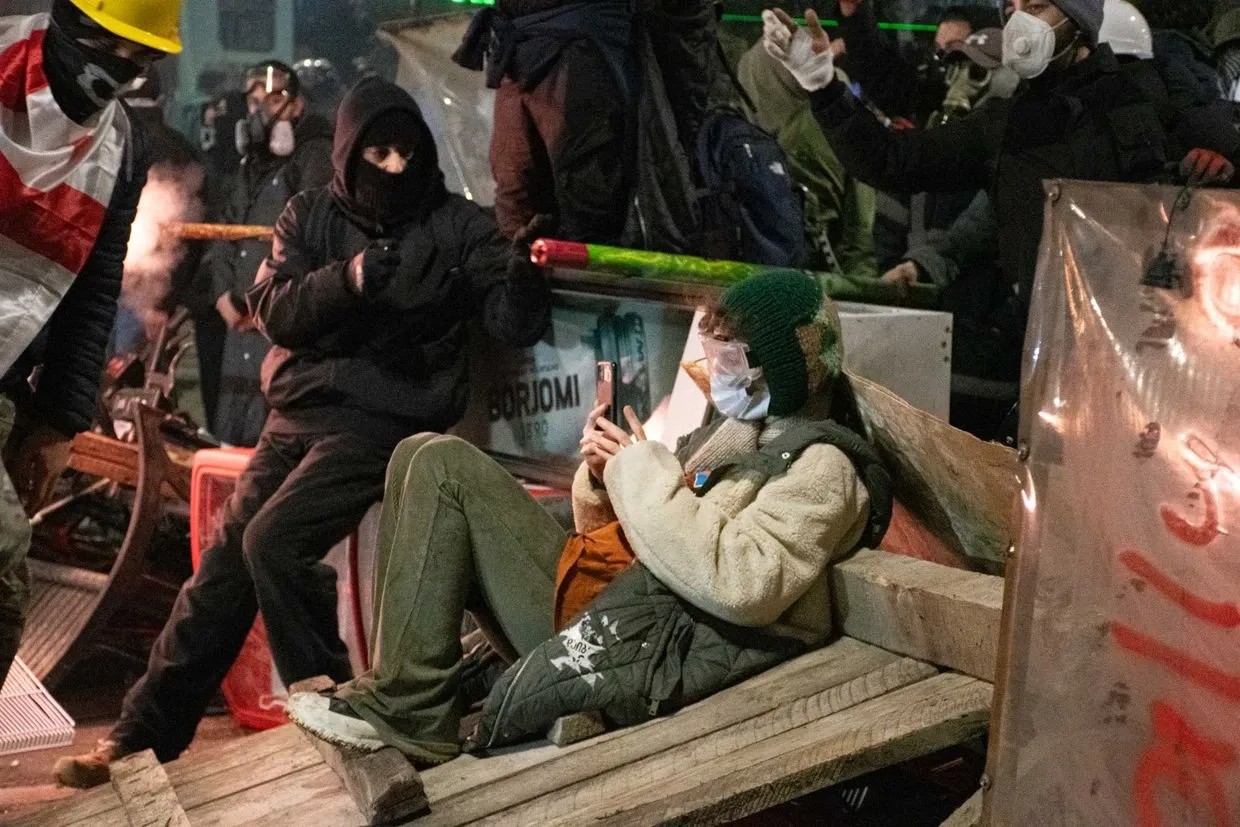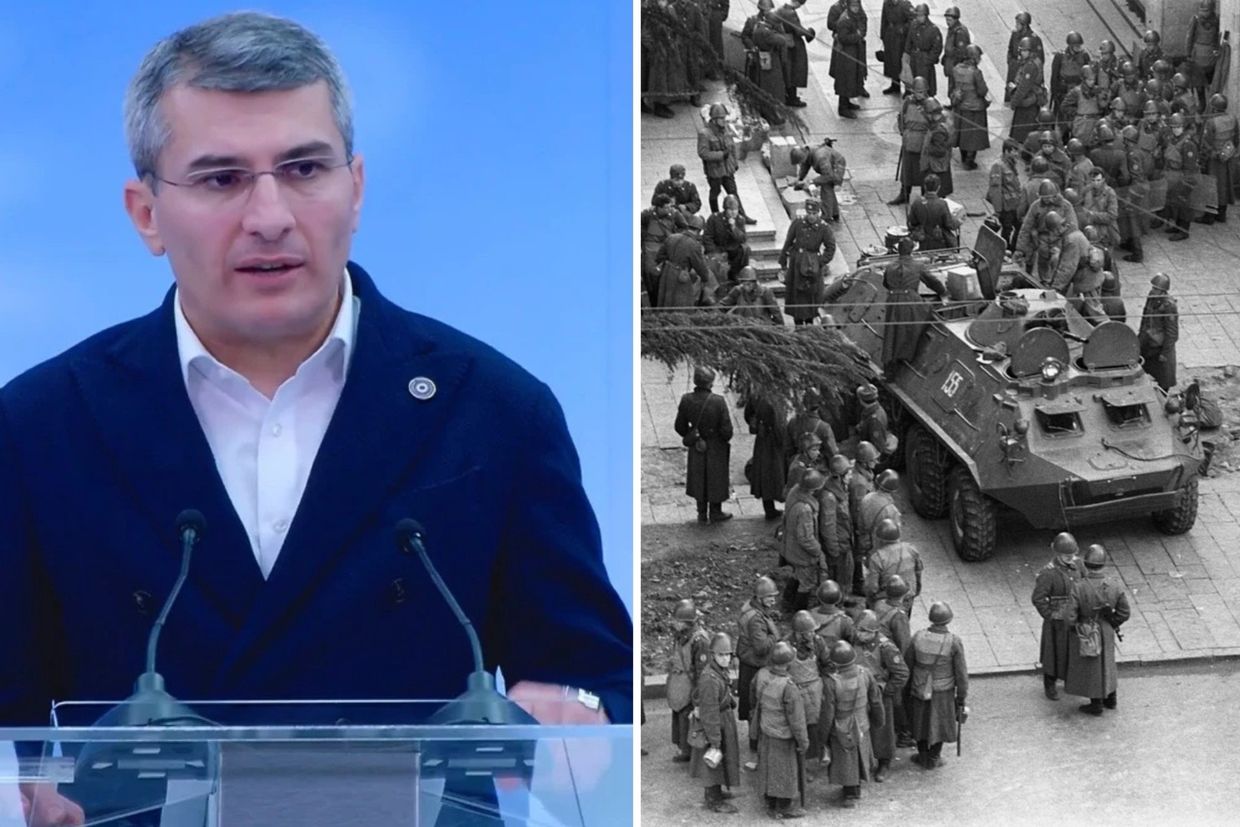World Press Photo awards ceremony uninvites Russian photographer who won covering Georgian protests

On Friday, the World Press Photo foundation announced that Russian photographer Mikhail Tereschenko, who works for the state-run media outlet TASS and had won an award for his coverage of the protests in Georgia, was no longer invited to the awards ceremony.
‘Given the increased tensions on the European continent, at this stage we are no longer able to facilitate a guest from a state-controlled Russian organisation. As a consequence Mikhail Tereshchenko is no longer invited to the winners programme and the award ceremony in Amsterdam’, the foundation said in a statement.
Founded in 1955, the Dutch-based foundation holds an annual photo contest for press photography that is widely recognised globally.
In its Friday statement, the foundation reiterated that in the first round of selection, award winners were selected anonymously, but in later rounds ‘some limited information like nationality and gender are shared’.
‘The uncomfortable fact is that the awarded project was selected for its own merits — regardless of the identity of the photographer or their employer (which are not shared with the jury), or the views of the photographer. This entry was awarded in accordance with World Press Photo’s judging criteria’, the foundation said.
On 27 March, the jury awarded one of the 2025 prizes to Tereshchenko, stating that they felt it was ‘an important global story documenting mass anti-government protests in Georgia set against the backdrop of contested elections, escalating tensions between pro-Russian and pro-EU politicians, and the reintroduction of the “foreign agents” draft bill’.
‘The nighttime images highlight the use of fireworks as a new urban weapon and capture the dynamics of mass protests, raising questions about how democratic movements worldwide respond to increasingly militarised police forces’, the jury’s statement read.
TASS, which is wholly owned by the Russian government, has been widely documented as spreading misinformation, including about the protests in Georgia, and pushing Russian government talking points.
Shortly after the news broke that Tereshchenko had won the prize, the foundation’s social media accounts were flooded with negative reactions.
On 29 March, a group of Georgian photojournalists and documentary photographers issued a joint statement declaring that they were ‘deeply disturbed and outraged’ by the foundation’s decision to award a prize to ‘a representative of the Russian state propaganda agency, TASS, for a photo story documenting the Georgian protests — demonstrations explicitly against Russian influence and occupation in Georgia’.
‘Awarding a photographer aligned with the Kremlin’s narrative for covering anti-Russian demonstrations is not only deeply contradictory but also a direct insult to those risking their lives to oppose Russian interference in Georgia’s sovereignty and future’, the statement read.
The backlash against the award was further inflamed after details of Tereshchenko’s past work covering Russia’s full-scale war in Ukraine emerged.
In an interview with TASS published on 27 March, Tereshchenko said he had previously submitted photos to the World Press Photo Foundation of the ‘liberation of Mariupol’, referring to the Russian army’s brutal assault on the southern Ukrainian city in 2022. While the true civilian death toll of the months-long siege remains unknown, as the city is still under Russian occupation, it was likely one of the deadliest episodes of the war.
According to Tereshchenko, the photos were taken ‘during the active phase of the liberation of the city of a million people, the soldiers were advancing, and we journalists were advancing along with them’.
In addition to the factual error — Mariupol’s population was roughly 425,000 before Russia’s siege of the city, which also resulted in its virtual destruction — Tereshchenko’s usage of the term ‘liberation’ was widely condemned across Ukrainian media and beyond. The majority of the city’s inhabitants were either killed or fled, and current estimates of the population are around 120,000.
In an earlier statement, the World Press Photo said it ‘does not agree with the phrase “liberation of Mariupol” ’.











